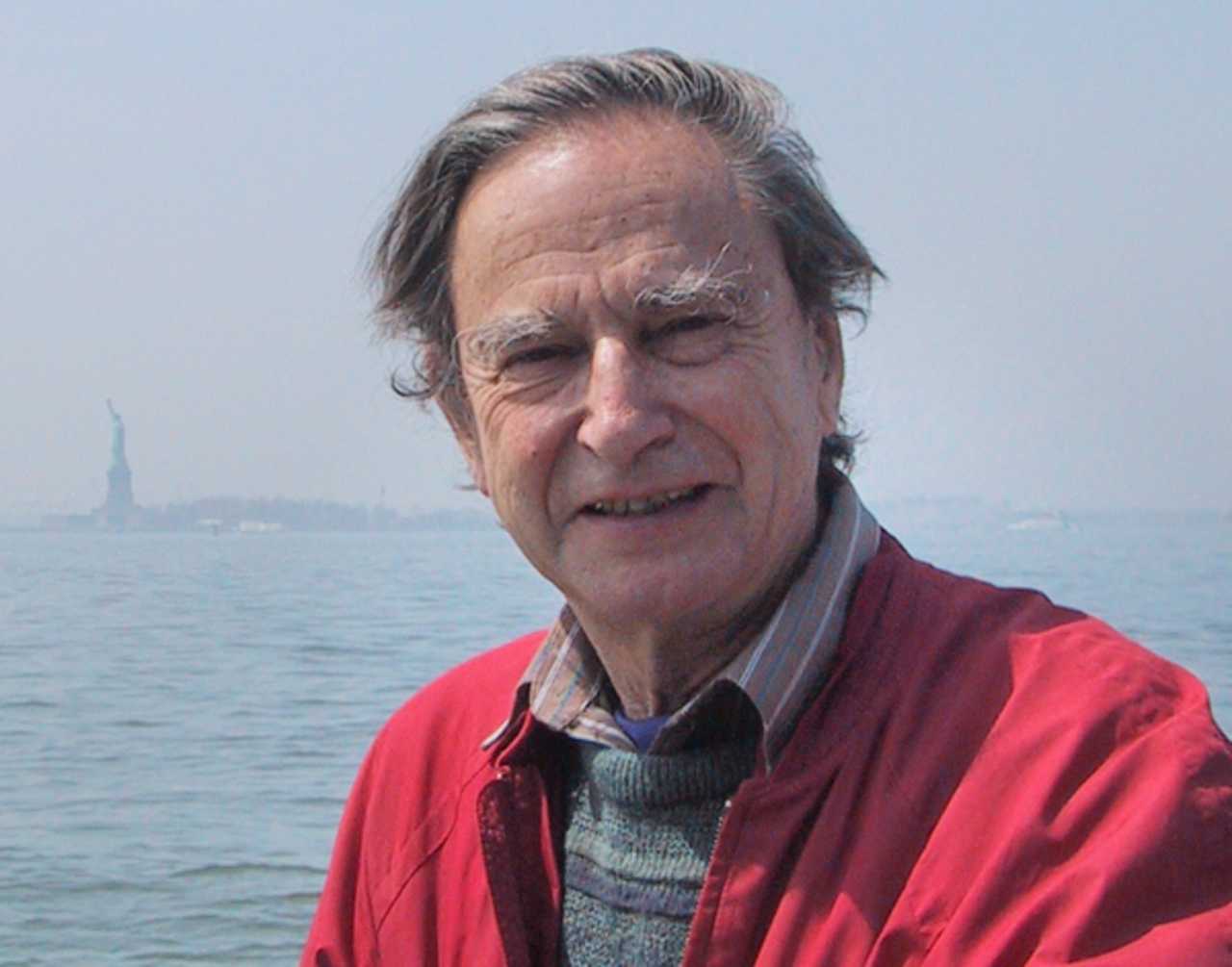New Year Teisho, 2011

So Christmas has come and gone – and a white Christmas too. Was it splendid as a White Christmas should be? Well - that depends. If you were quietly at home with the kids, it was probably wonderful – the beauty of the scenery, the fun of the children tobogganing but if you were struggling to fly from Heathrow or Gatwick or stuck on the M5 or M25 – then it was pretty well a cold hell. Whatever it was, we now see the New Year coming – and a HAPPY NEW YEAR TO YOU TOO.
How should we in the WCF approach the New Year? Do we make New Year resolutions? It might be a good idea for we have a lot to learn. We might perhaps ask ourselves what mistakes we may be making.
Oddly enough, perhaps our greatest mistake is our Zen exaggeration of the importance of enlightenment – or rather our failure to properly understand what this requires. Although all branches of the Buddha's Dharma focus on enlightenment, only in Zen is such a fuss made about having an "enlightenment experience" defined as a precise psychological event. Furthermore, it is we in the West who engage in this error most clearly. There are historical reasons for this but that no longer excuses us from making this sometimes harmful mistake.
Let us be clear about this. An "enlightenment experience" or Kensho in Japanese (Chinese: Kaiwu), is an event that follows from the practice of a one-pointed mind in which all awareness of the ego-self disappears for a time revealing a state of extraordinary illumination, clarity and joy. The experience is quite unique, rare and marked by the wonderment of self-absence. Such a moment may sometimes occur spontaneously outside practice and outside Zen and that tells us that it is a quite natural if rare occurrence depending like everything else on certain conditions either spontaneously or acquired through practice.
So why is it so significant? The reason is that it is an experiential verification of what is otherwise known only in thought or theory. One WCF practitioner who had had a brief glimpse told me that she now had lost all doubt in a completely clear understanding of Dharma. Even so, this does not mean one is now an 'enlightened being'. Such an accolade can only be applied to those who are not only wise but also deeply compassionate and remarkably active people such as the Dalai Lama, Archbishop Tutu, or Mother Teresa to name examples from a range of cultures, religions and races. None of us would, I trust, be foolish enough to think of ourselves as among them. Shifu sometimes said, "I am not enlightened!" and none of these three names would make such a claim either. It is we who recognise the exceptional spirituality of such persons. They themselves make nothing of it.
All that Kensho means is that someone has understood something deeply and personally and thus 'attained' a level of insight more clearly than most. It means no more than that.
Now – pay attention! The teaching is repeatedly made that Kensho is impossible to reach by any kind of ego thought, will or intention. The reason is obvious - if the ego is active even unconsciously, no Kensho - defined as egoless - can possibly arise. Yet, speaking bluntly, many of us in the WCF, and that may include long term practitioners, seem incapable of realising this and stumble on egotistically and often unconsciously trying to get to a place we are preventing ourselves from reaching. And, in our blindness, we forget that it is within the practice of egoless, compassionate kindness that lies the path to understanding Dharma.
Be careful! Examine yourselves because any one capable of even moderate mind-reading of others easily perceives the expression of such egotistic desire. Shifu, for example, was noticeably sharp in detecting it and returning such false aspirants to the starting base. It is essential that any Dharma Heir do the same.
But you may well say – surely, an aspiration to achieve such insight is natural. Yes – indeed but it is essential to understand the paradoxical nature of this quest. Only through the dropping of the ego inclination towards self-importance and through the practice of kindness to others can you even step upon this path. Indeed, as the Tibetans tell us, it is precisely through compassion that wisdom arises.
So what should our New Year resolution be? The answer is the renewed attention by all of us to kindness. The practice of ’Metta' is crucial here. It is an everyday practice. Let thoughts of tolerance, kindness, forbearance, and love arise in the place of self-justification and criticism of others. Compared with this any meditational statistic such as the length of one’s retreats, whom one chooses as a Teacher or which 'school' one follows is of little or even no significance.
It is worth recalling the very first practice recommended by old Bodhidharma. If someone is angry with you contemplate what it is that you have contributed to the other’s anger. So often, we react to another’s anger or scorn by rejection and self-justification. Don’t do that! Reflect on one's own demerits in the situation and find a way through that lacks antagonism. Not easy – but that is the Bodhisattva way. It applies to each one of us. Go to it as the New Year arises.
Chuan-deng Jing-di
Wednesday, December 29, 2010
- Publication date:
- Modified date:
- Categories: 2010 Teishos John Crook John Crook
-
 Western Chan Fellowship CIO
Western Chan Fellowship CIO - Link to this page
©Western Chan Fellowship CIO 1997-2026. May not be quoted for commercial purposes. Anyone wishing to quote for non-commercial purposes may seek permission from the WCF Secretary.
The articles on this website have been submitted by various authors. The views expressed do not necessarily represent the views of the Western Chan Fellowship.
Permalink: https://w-c-f.org/Q372-87
